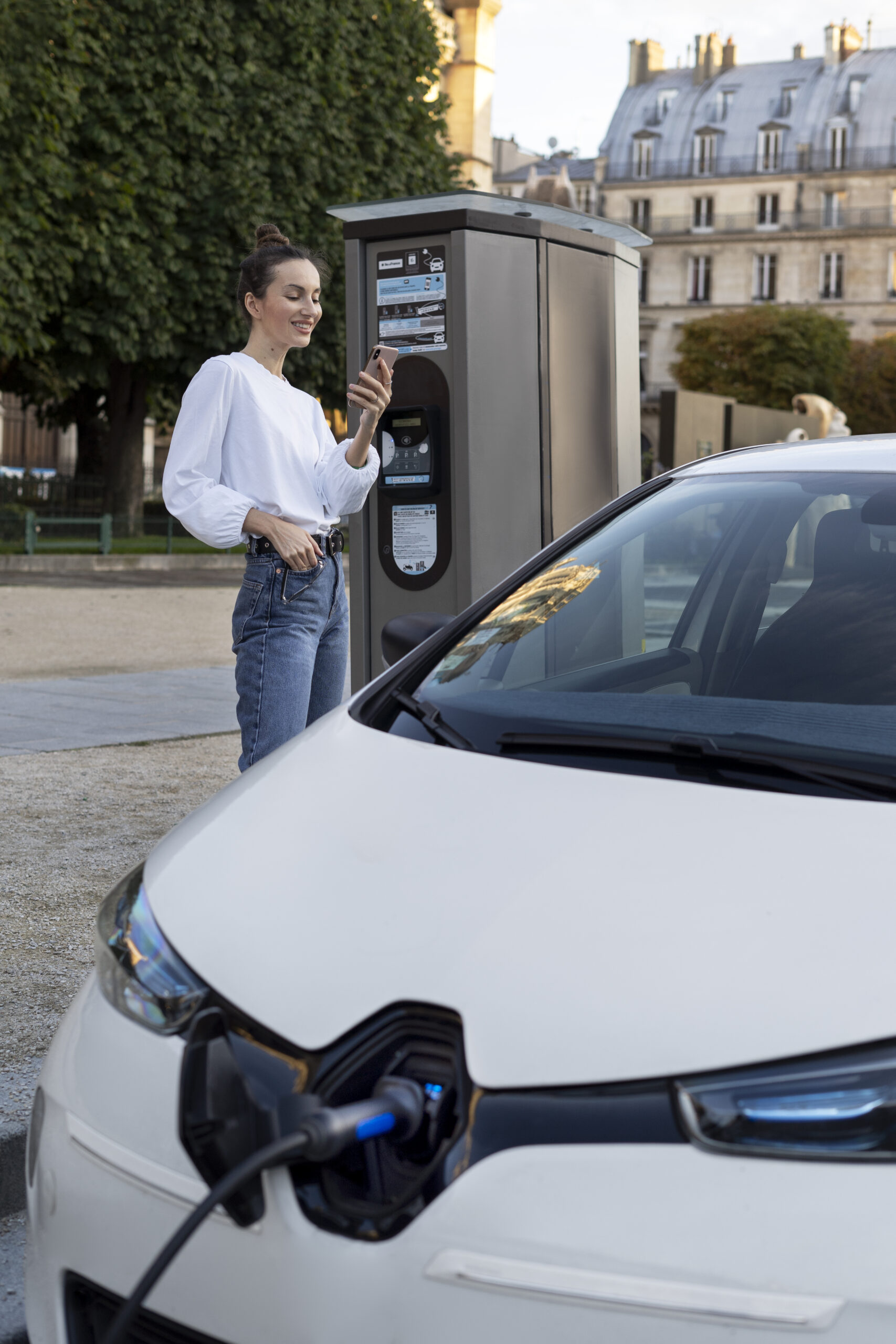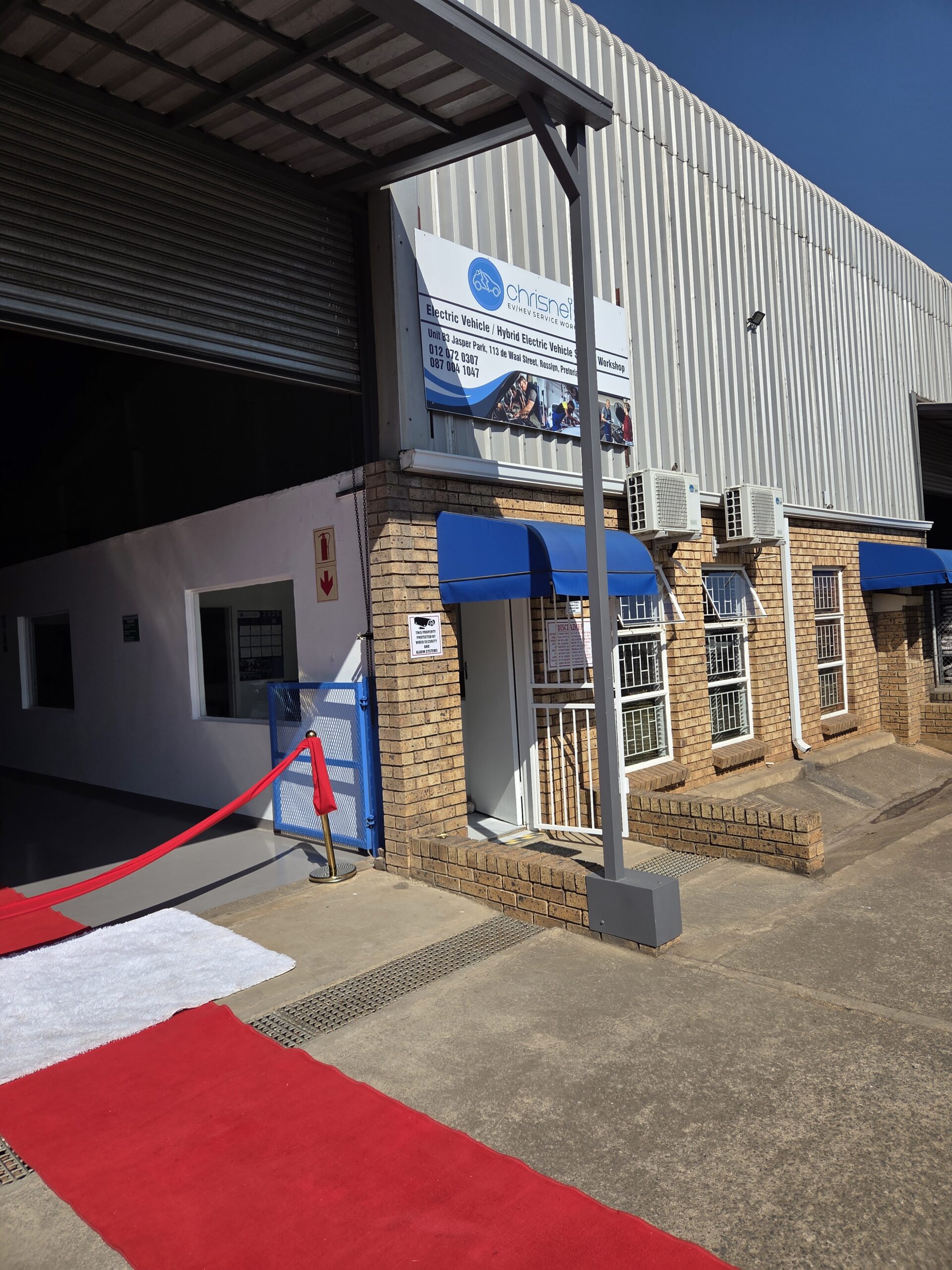Introduction to Electric and Hybrid Electric Vehicles (EH & HEV) in South Africa
Driving Towards a Sustainable Future
The global shift towards sustainable energy and green technology has sparked a growing interest in Electric Vehicles (EV) and Hybrid Electric Vehicles (HEV) around the world. South Africa is no exception. With increasing fuel prices, growing environmental concerns, and advancements in automotive technology, EH (Electric and Hybrid) vehicles are slowly making their way into the South African market.But what exactly are EH and HEV vehicles, and what role will they play in shaping South Africa’s future?
What are Electric and Hybrid Electric Vehicles?
Electric Vehicles (EV)
EVs are powered entirely by electricity using rechargeable battery packs. They produce zero emissions, making them an environmentally friendly alternative to traditional petrol or diesel-powered vehicles. Popular examples of EVs include models from Tesla, BMW i-Series, Nissan Leaf, and local options like the BMW i3 available in South Africa.
Hybrid Electric Vehicles (HEV)
HEVs combine a traditional internal combustion engine with an electric motor and battery. This allows the vehicle to alternate between fuel power and electric power, improving fuel efficiency and reducing emissions. Some well-known HEV models available in South Africa include the Toyota Prius and Lexus Hybrid range.
The Growing Need for EH & HEV Adoption in South Africa
South Africa faces unique challenges and opportunities in the shift towards electric mobility:
Challenges:
Load Shedding & Electricity Supply Issues
Limited Charging Infrastructure
Higher Initial Purchase Cost
Limited Model Availability
Opportunities:
Rising Fuel Prices Driving Interest in Alternatives
Government Incentives and Environmental Policies in Development
Increasing Public Awareness of Climate Change
Potential Growth in Green Jobs and Technological Innovation
EH & HEV Trends in the South African Market
Major automotive brands in South Africa are already introducing EH & HEV models to their showrooms. In addition, private companies and municipalities are investing in EV charging stations, particularly in major cities like Johannesburg, Cape Town, and Durban.
Industry experts predict that the South African EH & HEV market will see steady growth in the coming years, especially as local infrastructure and energy solutions improve.
Conclusion
Electric and Hybrid Electric Vehicles represent a crucial step towards a cleaner and more sustainable future for South Africa. While there are still hurdles to overcome, the potential benefits in terms of fuel savings, reduced carbon emissions, and new technology development make EH and HEV vehicles an exciting prospect for consumers and businesses alike.
As the world moves towards greener mobility solutions, South Africa has an opportunity to embrace innovation and lead the way on the African continent.
Interested in EH & HEV Solutions?
Contact us for more information about Electric and Hybrid Vehicle technology, infrastructure, and how your business can prepare for the future of mobility in South Africa.
Would you like me to:
Add images or graphics suggestions?
Include SEO keywords?
Format it for WordPress or another CMS?
Write another version with a more technical or casual tone?
Let me know!





Leave a Reply